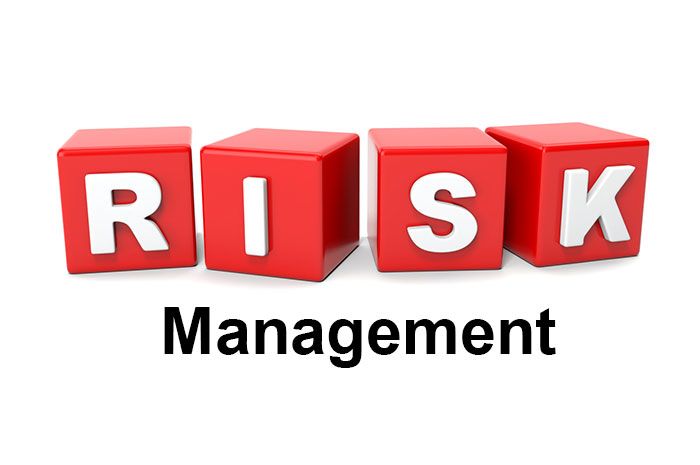
Are you a risk taker? That is a question commonly asked of people wanting to be business owners. Without risk, no one finds true love, develops real power, gains prestige, or acquires great wealth. Accepting risk is central to everything worthwhile in life, and there is simply no way to improve your lot and avoid risk.
It is surprising how limited people’s knowledge is about risk management. They often become inhibited by fear at the very moment they must commit to action. At the first sign of a reversal, they doubt themselves, hesitate, and retreat, convinced they were in over their heads. They don’t understand that uncertainty and alarm are just part of the process and symptomatic of any risk. It is important to distinguish between risk and calculated risk. If you take a risk, you are usually making a decision based mostly on a gut feeling. If you take a calculated risk, you have factual information to back up your decision. When you are purchasing a business, you are making a decision based on a calculated risk. When you find a business worth the risk, your actions become purposeful, your life begins to make sense, and the risk lessens.
Purchasing a profitable business instead of starting one is eliminating a huge risk. Some suggestions to consider when taking a calculated risk to purchase a business follow.
• What is your purpose for owning a business? A plan with defined goals will help you measure your progress.
• Is there a need for this product or service? A good cash flow taken from provable financials will show that need. Be smart, however, and research the possible industry changes that would affect customer demand for the product or service.
• How well has the current owner done and how did he/she get to this point. Having the history of the business will show from where the owner came and what was done to make the business the success it is today. When writing your business plan, allow for changes that could occur, such as the environment, suppliers, regulations, and interest rates. Planning for some adjustments is smart.
• In what ways can you improve the business? What would these improvements cost? It is always advisable to make your offer to buy a business based on the history of the business and the income and profit it is currently making. However, you always look for ways to improve it in the future. In other words, you purchase the history and make a plan based on projections for the future.
• Who are the competition and how successful are they? Although you will not be able to see the financials for comparison, you can watch traffic to their locations and research what is similar and what is different from the business you are considering purchasing. A misconception is that a competitor located close to your business will hurt your business. Two similar businesses close together tend to benefit from each other’s advertising and traffic flow. It is wise to do your research on competition and the possibility of a large chain that will compete with you locating just down the street.
• One thing to consider is personnel. How important is the current owner to the business and will customers leave because that person is no longer there? You expect key personnel to remain in their positions after you purchase the business, but there is no guarantee that will happen. Have a backup plan just in case you need it. It is best to keep the sale of the business confidential until after the closing, at which time the seller and purchaser will meet with the employees to assure them their jobs will remain the same.
• How old are the furniture, fixtures and equipment and are they in good working condition? That should be addressed in the offer to purchase. It would always state that the furniture, fixtures and equipment are in good working condition at closing. Build into your business plan the date that some of the equipment will likely need to be replaced.
You buy insurance to cover the risk of damages or loss to your business so you can conduct your business without worry. Other risks just need to be addressed and possible loss built into your business plan to eliminate surprises. The key to an economical and efficient risk program is control over the risk management functions with assurance that actions performed are desirable, necessary, and effective to reduce the overall cost of operational risk. Buy a profitable business you will enjoy. It is well worth the calculated risk!
